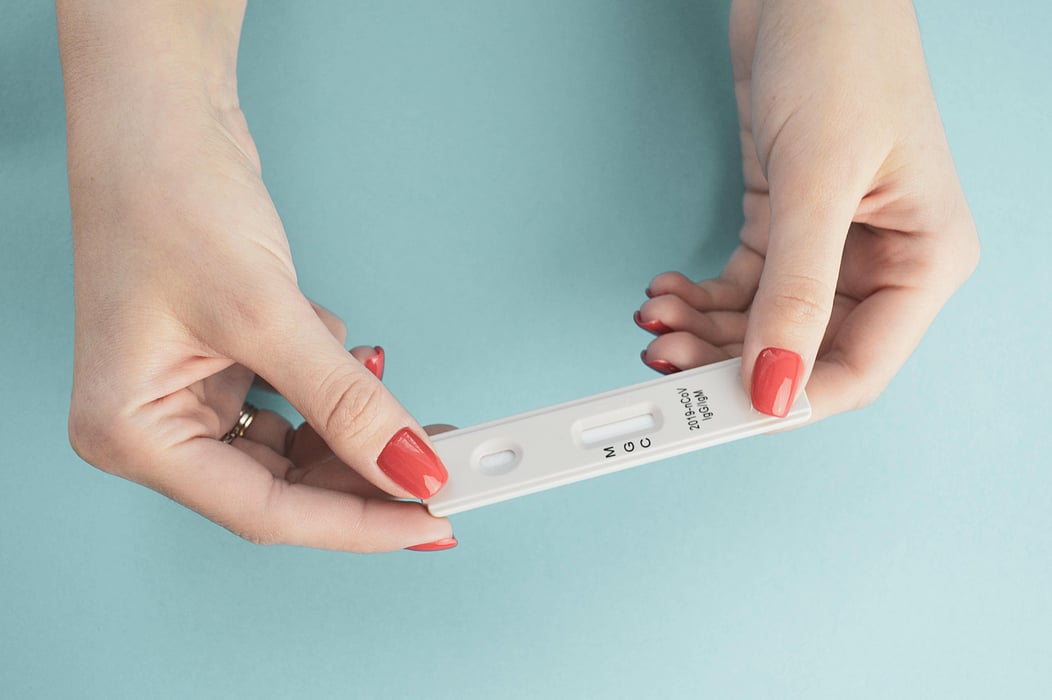Proportion of Asymptomatic SARS-CoV-2 Infections Unclear

FRIDAY, May 27, 2022 (HealthDay News) -- Most severe acute respiratory syndrome coronavirus 2 (SARS-CoV-2) infections are not asymptomatic and the secondary attack rate is lower for asymptomatic versus symptomatic infections, according to a review published online May 26 in PLOS Medicine.
Diana Buitrago-Garcia, from the University of Bern in Switzerland, and colleagues updated a living systematic literature review to examine the proportion of patients infected with SARS-CoV-2 who do not experience symptoms and the infectiousness of asymptomatic and presymptomatic compared to symptomatic SARS-CoV-2 infection.
The researchers found that based on 130 studies, heterogeneity was so high that the proportion of asymptomatic infections could not be estimated overall (interquartile range [IQR], 14 to 50 percent; prediction interval, 2 to 90 percent); similar results were seen in 84 studies based on screening d-fined populations (IQR, 20 to 65 percent; prediction interval, 4 to 94 percent). The summary proportion asymptomatic was 19 percent in 46 studies based on contact or outbreak investigations (IQR, 15 to 25 percent; prediction interval, 2 to 70 percent). Based on eight studies, the secondary attack rate was 0.32 in contacts of people with asymptomatic infection versus symptomatic infection (prediction interval, 0.11 to 0.95). The proportion of all SARS-CoV-2 transmission from presymptomatic individuals was higher than from asymptomatic individuals in 13 modeling studies fit to data.
"The true proportion of asymptomatic SARS-CoV-2 infection is still not known," a coauthor said in a statement. "People with truly asymptomatic infection are, however, less infectious than those with symptomatic infection."
One author disclosed financial ties to Sefunda.
Abstract/Full Text (subscription or payment may be required)
Related Posts
Depression Linked to More Severe Dry Eye Disease
THURSDAY, March 10, 2022 (HealthDay News) -- Depression is associated with more...
Study Looks at Cancer-Related Death Rates During First Year of COVID-19
TUESDAY, April 11, 2023 (HealthDay News) -- In the first year of the COVID-19...
1 Dead, 27 Hospitalized in U.S. Salmonella Outbreak Tied to Poultry
TUESDAY, June 14, 2022 (HealthDay News) -- One person has died and 27 people...
Medicare Monthly Premiums to Drop for Seniors
WEDNESDAY, Sept. 28, 2022 (HealthDay News) -- Millions of seniors who had to pay...
